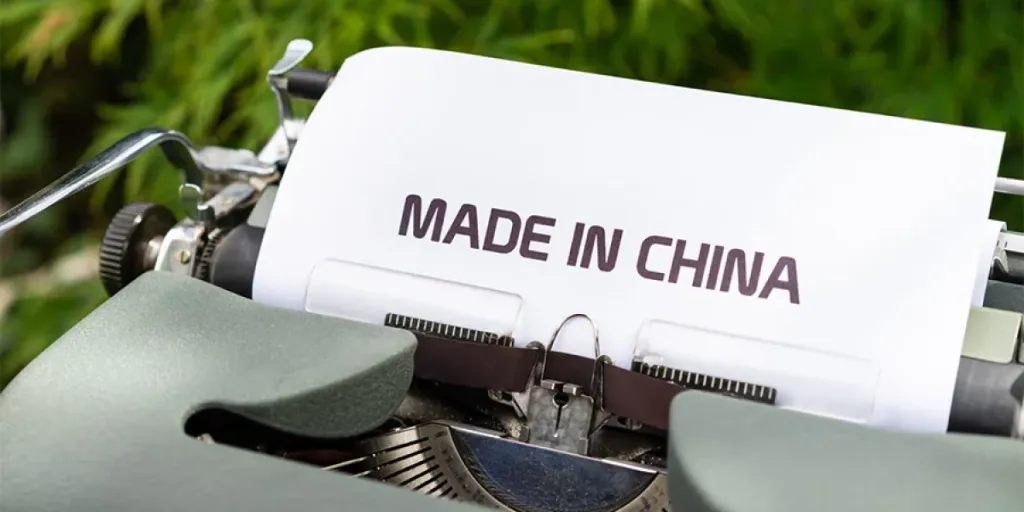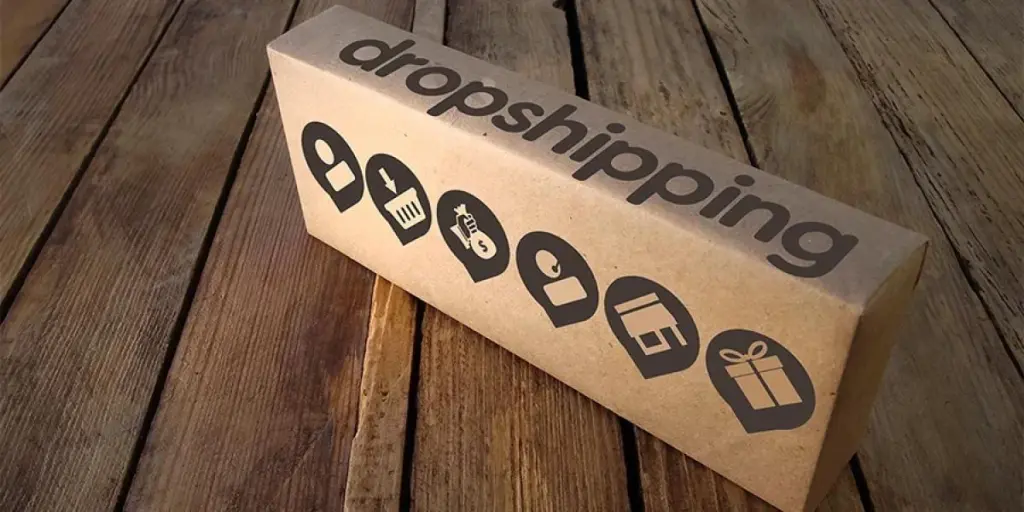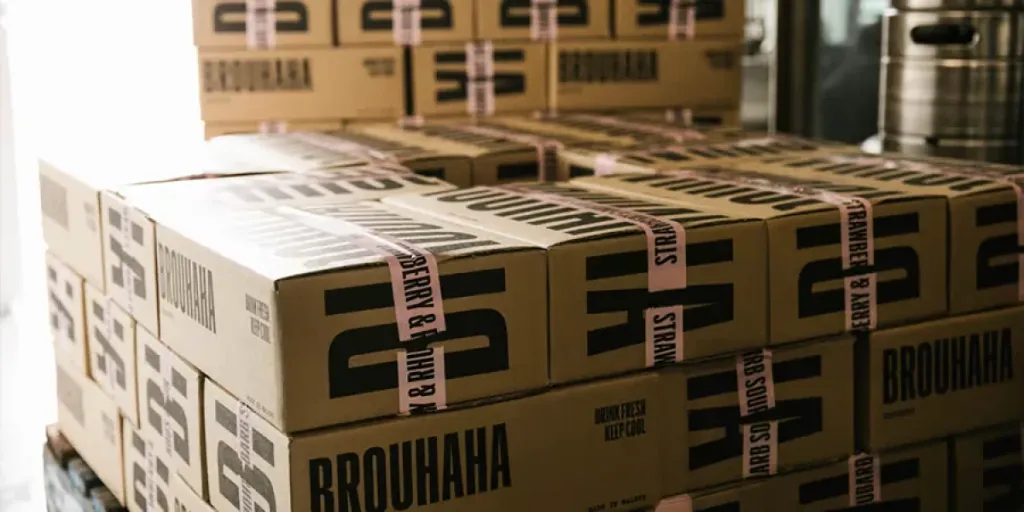Incoterms were created to help resolve many international trade issues by standardizing trade terms across borders. Understanding these terms is key to unlocking their benefits and negotiating the most favorable trade deals.
This article explains the top 5 most commonly used Incoterms that international buyers should know.
Table of Contents:
What are Incoterms?
5 commonly used incoterms
What Incoterms are best for you?
What are Incoterms?
Incoterms are standard contract terms used between buyers and sellers in global trade. They are a contraction of “international commercial terms.”
The first set of Incoterms was published by the International Chamber of Commerce (ICC) in 1936, and this body continues to update and maintain the terms today. The most recent edition is Incoterms 2020, which replaced Incoterms 2010.
Incoterms help clarify the responsibilities of the parties in terms of transporting the goods and customs clearance. This includes what party ships the goods and who bears the risk of loss or damage during shipment.
Some Incoterms are extremely one-sided in that they shift all these obligations to one party. Other Incoterms exist somewhere in the middle as they balance risk and responsibility between the parties.
5 commonly used incoterms
Cost Insurance Freight
Cost Insurance Freight (CIF) is a prevalent option in global trade. That’s mainly because it is beneficial to both the exporter and the buyer. It’s primarily used to transport non-containerized goods like vehicles, machinery, and commodities.
Under CIF rules, the seller is responsible for transporting the goods to a named place or destination country. But unlike some other trade terms, the seller doesn’t carry the risk of loss or damage to the goods. Instead, that risk passes to the buyer from the point of origin.
Conversely, the buyer doesn’t have to arrange or pay for transportation costs. But to offset some buyer risk during the voyage, CIF requires the seller to insure the goods for a minimum amount. Therefore, CIF balances risk and responsibility almost equally between the parties.
Delivered Duty Paid
Any buyer that has bought goods from an online marketplace like Alibaba.com is likely acquainted with this Incoterm.
Delivered Duty Paid (DDP) has become very common due to the rise of e-commerce. The term requires the seller to handle everything including shipping, customs, import duties, taxes, etc. Delivery is only complete when the goods reach the buyer’s door, and risk only passes at that point. As a result, this makes it a very convenient option for buyers.
However, most sellers will include the costs of delivery in the price of their goods. Therefore, buyers will probably bear the ultimate costs of receiving the goods.
Free On Board
Free on Board (FOB) requires the seller to transport the products from their warehouse or factory to the ship. Additionally, they’re obligated to load the cargo onto the ship, and risk only passes to the buyer at that point.
FOB is not meant for containerized cargo, though; it mostly applies to ocean freight or transport by inland waterways. The Incoterm typically applies to shipments of easily movable goods like grain, iron ore, etc.
Free Carrier
Free Carrier (FCA) is another term that could be highly favorable for sellers.
Just like Ex Works (EXW), FCA puts the responsibility and risk of shipment on the buyer. All the seller has to do is deliver the goods to the “place of delivery.” This could be a seaport, airport, train station, or even the seller’s warehouse.
However, EXW is slightly different in that the seller may still have to handle export reporting and clearance. Meanwhile, with FCA, all of the seller’s obligations end at the place of delivery.
FCA is common among sellers who don’t want additional responsibilities or risks and buyers who don’t mind the extra effort.
Free Alongside Ship
Free Alongside Ship (FAS) applies mainly to so-called out of gauge (OOG) cargo. These are goods that don’t fit into a container, such as large machinery. FAS is the most common shipping option for goods of this nature.
Under these terms, the seller is only obligated to deliver the goods alongside the vessel. Risk also passes at that point, and everything that happens afterward is the buyer’s responsibility.
What Incoterms are best for you?
Many factors determine what Incoterms to pick. Here are some factors to remember as you negotiate the sales contract:
- The type of shipping. Some Incoterms are suited to sea shipping alone, while others fit sea and non-sea shipping. For instance, CIF, FOB, and FAS are meant for sea shipping, while DDP and FCA are excellent for all shipping types.
- The extent of obligations. Does the buyer have the resources and connections to process customs clearance or pay duties and taxes? For example, DDP is extremely convenient since it takes all of the responsibility for shipping and customs off buyers. Comparably, FCA and EXW will require much more buyer involvement.
- Shipping destination. Shipments to a far destination can be expensive, so buyers need to consider if they’re willing to take on that cost. Additionally, certain Incoterms, like EXW, are not suited for international shipping because they present many cross-border difficulties.
- The nature of the goods. Hard-to-ship goods like heavy machinery can be problematic. If the seller has special expertise in shipping these goods, it might be best to leave most of the process to them. Likewise, FAS works best for OOG cargo, so that’s something to consider when negotiating with the seller.
Conclusion
Incoterms can save buyers money and prevent disputes when properly understood and applied. Hopefully, this article can help buyers build a better knowledge of these trade terms and their uses.




